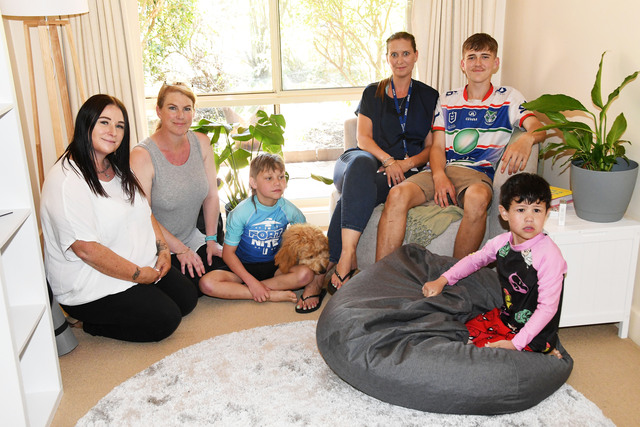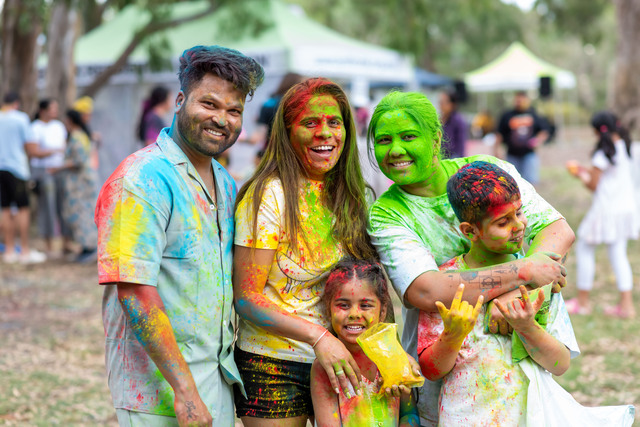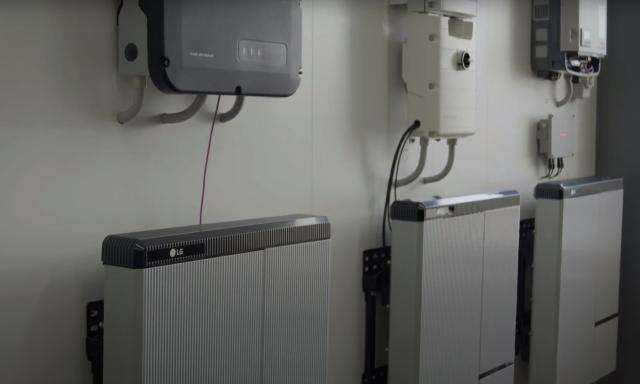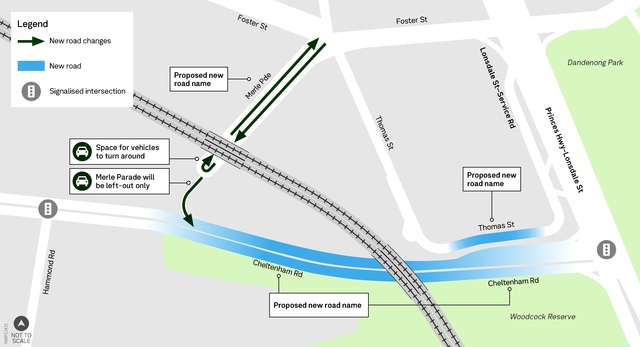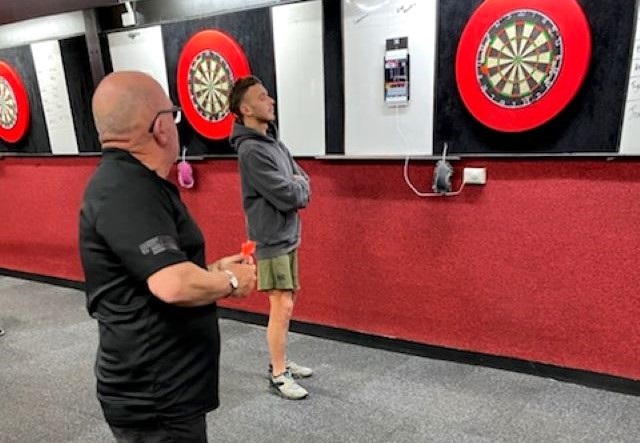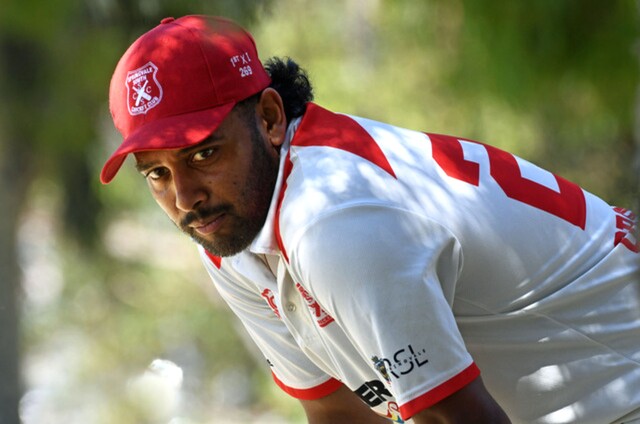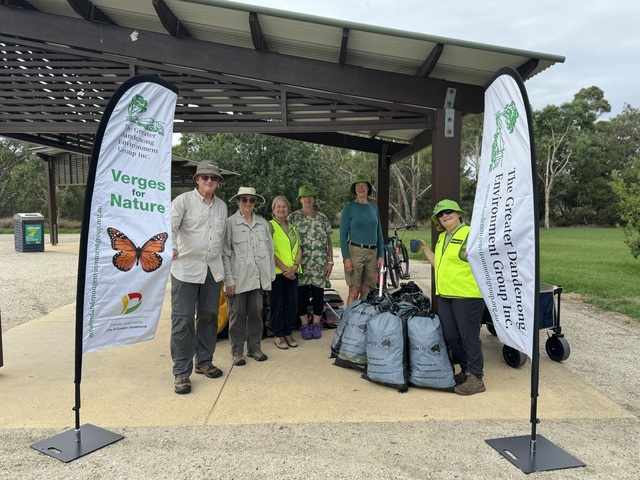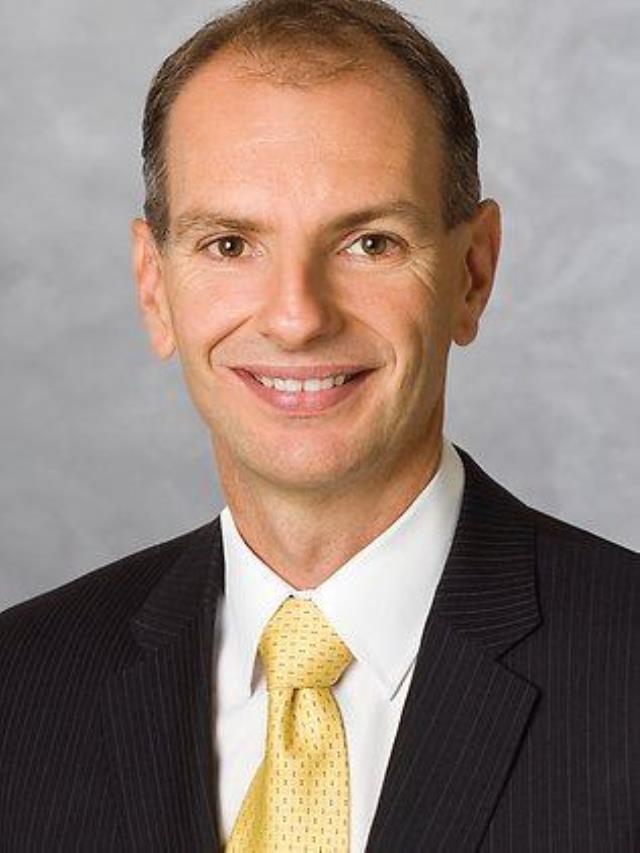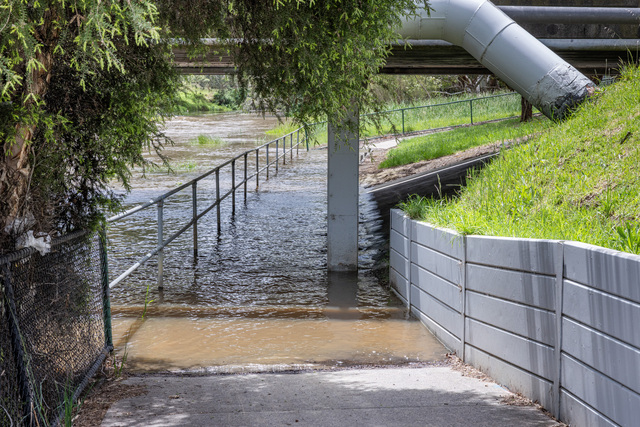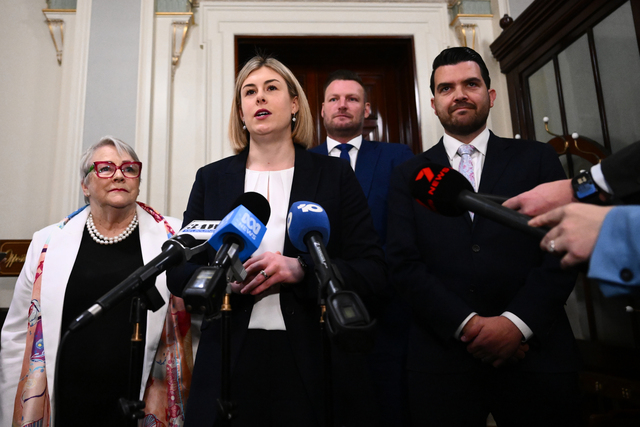Despite the global push for inclusivity, accessible spaces for children with special needs remain limited and often impossible to find.
Pakenham’s Danielle Lines and Berwick’s Anne Khuon know this struggle all too well.
Danielle’s son has autism level two, ADHD, intellectual disability, Chiari Malformation, sensory processing disorder, generalised anxiety and behaviours of concern.
Anne’s son is also on the spectrum, diagnosed with autism level three, ADHD and delays.
The local mothers often find themselves searching for playgrounds and public space that could accommodate their child’s and family’s needs.
However time and time again they were met with frustration and disappointment.
Like many parents of children with special needs, the greatest challenge is finding an environment where their child can truly be themselves and free from judgment or ridicule. A place where they are not pressured to conform but are embraced and celebrated for who they genuinely are.
“It’s not the responsibility of a child or any person with a disability to make changes to please those that are neurotypical. It’s the responsibility of neurotypical people to be open, aware and understanding of those that have got disabilities. You don’t expect a person who’s in a wheelchair to get up and walk. So don’t expect somebody that’s got a neurological or a psychosocial disorder to be able to conform to what society deems to be appropriate or normal,” Danielle said.
“So you go to a specialist school which is supposed to be the most inclusive place in the world. But the government hasn’t put enough funding into the specialist schools to facilitate the amount of inclusiveness that needs to be there. Kindergartens, preschools, daycare centres, there might be the incentive of inclusion support but to get the inclusion support is extremely difficult. All you’re doing is paying for another educator to be in the room when they’re not trained in disability and not trained in inclusion. So there’s no additional support there and quite often you’ll find a daycare centre will go, ‘we’re full’ rather than try and make inclusive space for a child that’s got a disability. At shopping centres, everyone looks at you if your child’s having a meltdown, like, there’s no inclusion anywhere so far that we’ve found.”
“The last time my son went to a play centre was when he was five and we always got judged for just the way he was. He’d make sounds or do things that people just saw that were different. We really struggled with that so we stopped going to play centres. We’ve done some excursions with the kids and as soon as you tell them where you’re from and somebody knows someone that’s on the spectrum, straight away you get a different level of service. So, it’s not until you go somewhere and someone knows someone or has that understanding, then you won’t feel that it’s inclusive enough,” Anne said.
Determined to create a solution, Danielle and Anne’s husband quit their jobs to become entrepreneurs, dedicating themselves to creating a safe and inclusive space for all.
Recently Danielle launched Calming Waves support service and Home Away in Pakenham, meanwhile Anne and her husband launched We Rock The Spectrum in Berwick.
Creating spaces like these where children with special needs are truly accepted is incredibly important because it can be deeply isolating for parents. Having a child with mental health challenges, autism, or a physical disability often makes it difficult to connect with others, as many people simply don’t understand the unique struggles they face.
“A teacher restrained my son at school and needed to, but he broke her nose as a result. He was displaying behaviours of concern and there were not enough staff there to effectively help him regulate. He absconded from the school so I had to leave work then and get him. So now if I wasn’t my own boss, I would be influenced. It’s so hard for parents of children with special needs to be able to work because at a moment’s notice, we have to drop everything and go to our child,” Danielle said.
“I’ve yet to find an inclusive space outside of the space I’ve created. I’m grateful for the friendships that I formed with other parents that have neurodiverse children. Neurodiverse people are extremely important to the development of society in the future. It’s about time people started to embrace that. And parents and carers actually need to just let go of their fear of judgment because it’s not their business what anyone else thinks.”
“Our motto is ‘finally a place where you never have to say i’m sorry’ which we always remind parents to just let the children be themselves. The other reason for it was to create awareness so that’s why we invite parents to our space that aren’t on the spectrum. It allows their children to play with kids on the spectrum and then they can see there’s nothing wrong with them. It starts with the parents and then the next generation will then grow up, have that awareness and teach,” Anne said.
Without Danielle’s support services and inclusive space, Deanna Box would be stuck on waitlists, struggling to cope and facing isolation in non-inclusive environments.
“I think it needs to be like more awareness, which is obviously what Danny’s (Danielle) is trying to do, especially with autistic kids and ADHD kids. A long time ago, these children were just labelled as being naughty or being challenging when in fact they were struggling themselves to work out what’s going inside of them, like internally. So we need to raise more awareness and more ways on how we can support these kids.This will help them thrive throughout life and obviously that’s all I want for my children as well.”



